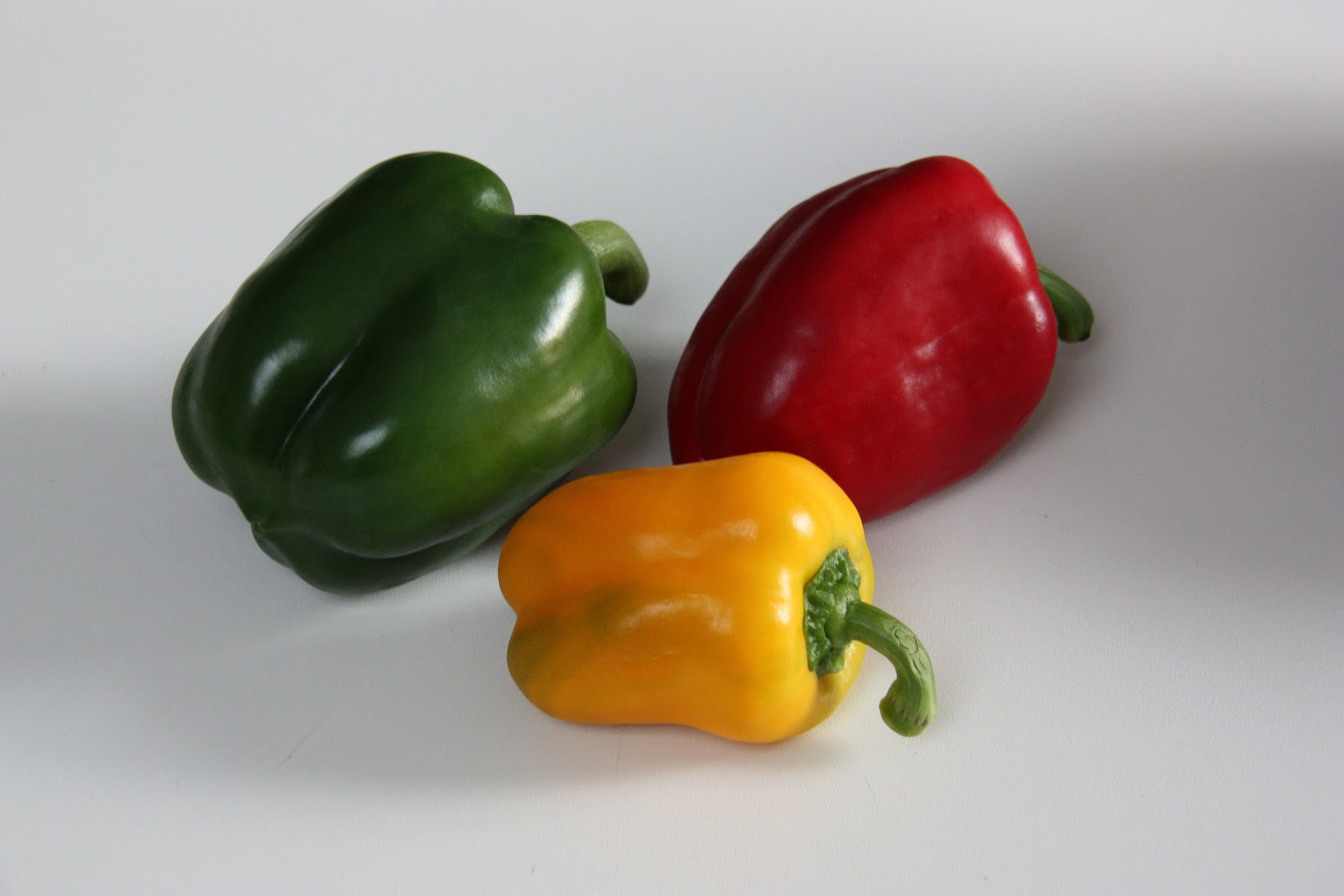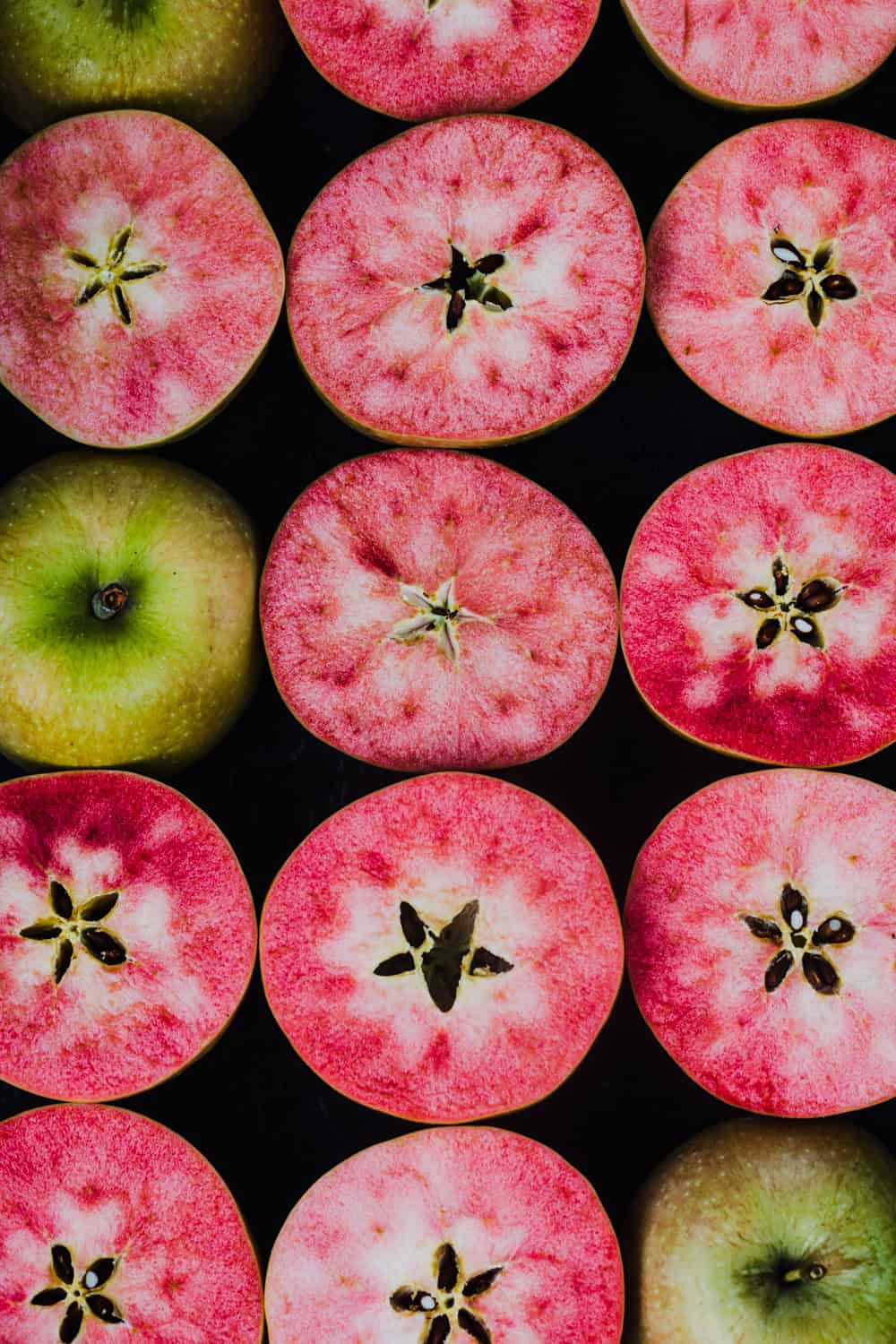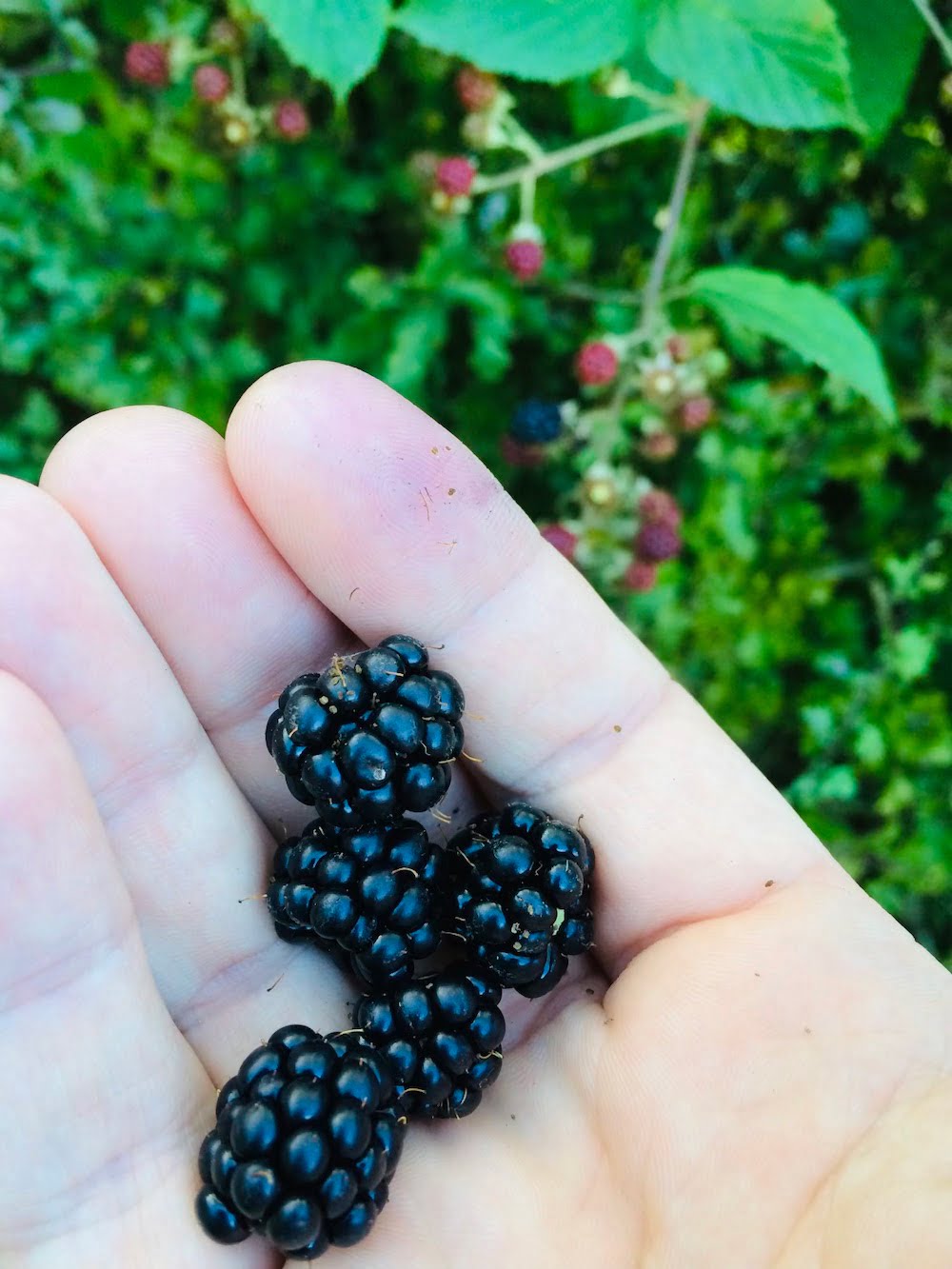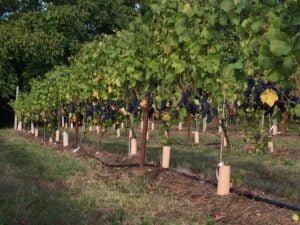Have you ever found yourself perplexed by the petit size of your bell peppers? Despite your best efforts in caring for your plants, they seem to stubbornly refuse to grow to their full potential. Well, fear not, for this article aims to unravel the mystery behind these miniature wonders of nature. We will explore the various factors that may contribute to undersized bell peppers and provide some insightful tips on how to overcome this common gardening challenge. So, if you’re ready to unlock the secrets of bountiful bell peppers, read on!
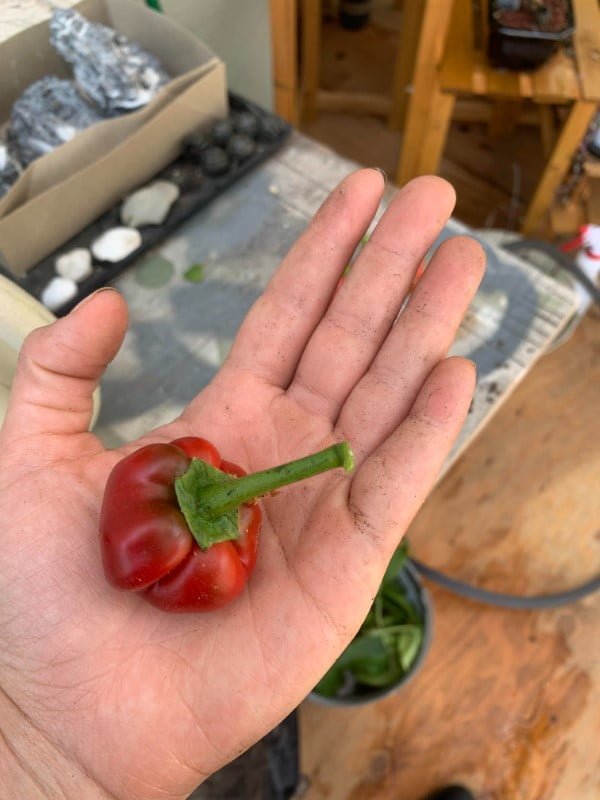
Lack of sunlight
When it comes to growing bell peppers, sunlight is essential for their healthy development. If your bell peppers are turning out small, inadequate sunlight might be the culprit.
Not enough hours of direct sunlight
Bell peppers require a minimum of 6-8 hours of direct sunlight each day to thrive. If your plants are not receiving enough light, they may struggle to produce large, plump peppers. Consider the location of your pepper plants and make sure they are placed in an area that gets ample sunlight.
Shaded by nearby structures or plants
Sometimes, even if your pepper plants are in an area with sufficient sunlight, they may be shaded by nearby structures or other plants. Large trees, buildings, or even taller crops in your garden can cast shadows and reduce the amount of sunlight reaching your bell peppers. Ensure that your pepper plants have enough space and are not being overshadowed by anything else.
Inadequate watering
Watering is another crucial factor that directly affects the size of your bell peppers. Proper watering practices are necessary to supply your plants with the right amount of moisture.
Underwatering
Underwatering your bell pepper plants can lead to stunted growth and smaller peppers. The plants may not receive enough water to fully develop their fruits. Ensure that you’re providing sufficient water to your plants, especially during hot and dry periods. Regularly check the soil moisture and water accordingly.
Overwatering
On the other hand, overwatering can also have negative effects on the size of your bell peppers. Excessive water can lead to root rot and inhibit proper nutrient uptake, resulting in small peppers. To avoid overwatering, allow the soil to partially dry out between waterings. This allows oxygen to reach the roots and promotes healthy growth.
Inconsistent watering
Inconsistent watering practices can also contribute to small bell peppers. Uneven moisture levels can stress the plants and affect their ability to produce large fruits. Maintain a consistent watering schedule, ensuring that the soil remains evenly moist without becoming waterlogged.
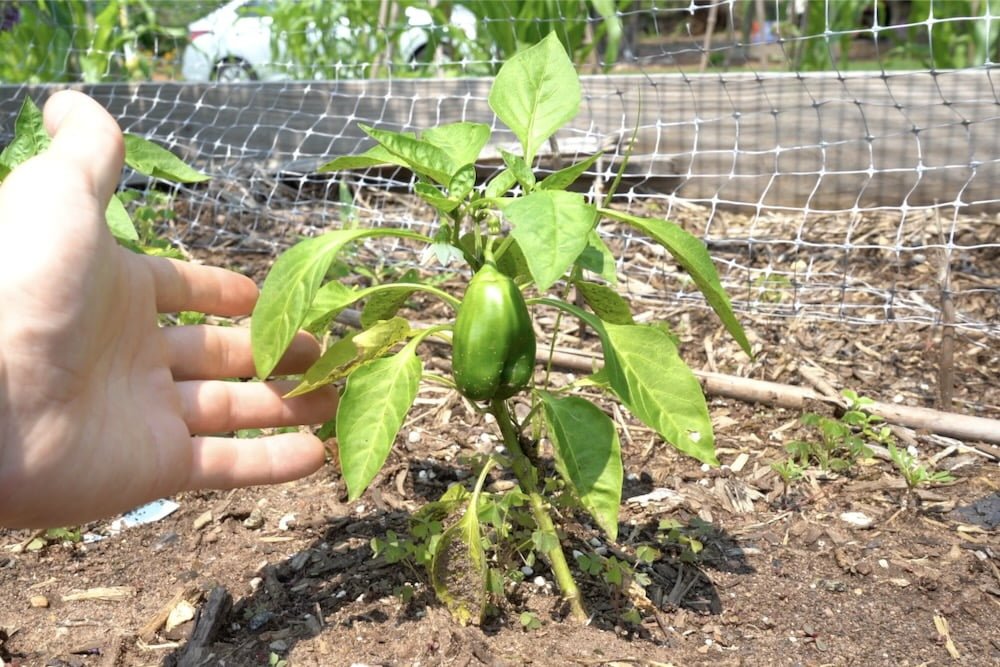
Poor soil quality
The quality of the soil in which your bell peppers are grown plays a significant role in their overall health and size. Several factors related to soil quality can impact the growth of your peppers.
Nutrient deficiency
If your bell peppers are not receiving adequate nutrients from the soil, they may produce smaller fruits. Nutrient deficiencies, such as a lack of nitrogen, potassium, or phosphorus, can stunt the growth of the plants and limit the development of large peppers. Conduct a soil test to identify any nutrient deficiencies and amend the soil accordingly with organic fertilizers or compost.
Improper pH levels
The pH level of the soil directly affects the nutrient availability for your bell pepper plants. If the soil pH is too high or too low, it can inhibit the plants’ ability to absorb nutrients efficiently, resulting in small peppers. Aim for a slightly acidic to neutral pH range, ideally between 6.0 and 7.0, to create optimal growing conditions for your peppers.
Lack of organic matter
Organic matter, such as compost or aged manure, is vital for maintaining soil fertility and structure. It helps retain moisture, provides essential nutrients, and promotes beneficial microbial activity. If your soil lacks organic matter, it may not be able to support the vigorous growth of your bell pepper plants, leading to smaller peppers. Incorporate organic matter into the soil before planting to improve its quality.
Insufficient pollination
Pollination is necessary for the formation and growth of your bell pepper fruits. Without proper pollination, your peppers may end up small and misshapen.
Lack of pollinators
If your garden lacks pollinators like bees, butterflies, or other insects, your bell pepper plants may not receive adequate pollination. Insufficient pollination can result in poor fruit development and smaller peppers. Encourage pollinators to visit your garden by planting pollinator-friendly flowers nearby or providing bee houses.
Inadequate pollinator attraction
Even if your garden has pollinators, it’s essential to ensure that they are sufficiently attracted to your bell pepper plants. Planting companion flowers, such as marigolds or cosmos, can help attract pollinators and increase the chance of successful pollination. Creating a diverse and vibrant garden environment will create a welcoming space for pollinators.
Blossom drop
Blossom drop refers to the premature dropping of flowers before they can turn into peppers. This can happen due to stress or unfavorable growing conditions. Inconsistent watering, extreme temperatures, or sudden changes in environmental conditions can cause blossom drop, ultimately resulting in smaller yields. Provide consistent care and ensure stable growing conditions to prevent blossom drop.
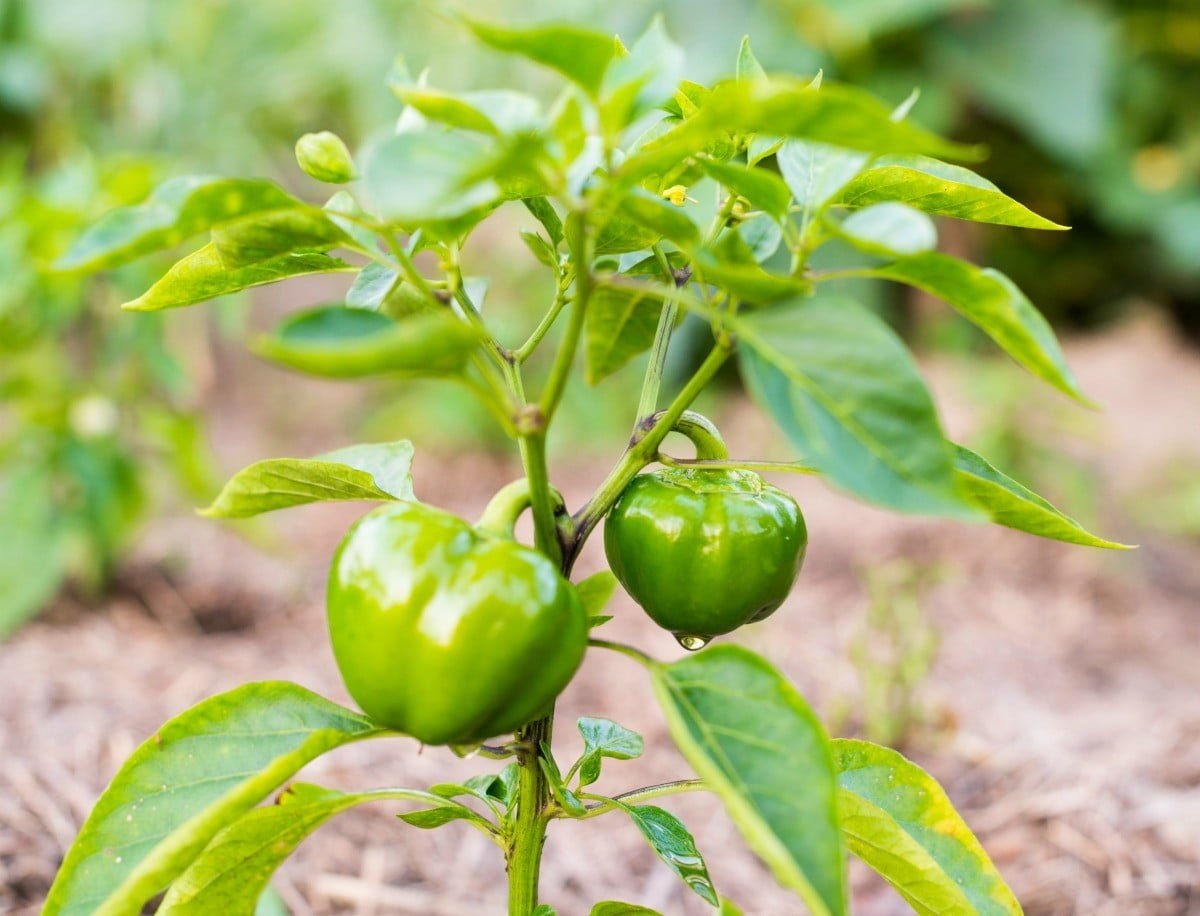
Pests and diseases
Pests and diseases can wreak havoc on your bell pepper plants and contribute to the development of small peppers. Identifying and addressing these issues promptly is essential for maintaining healthy plants.
Aphids
Aphids are common pests that can infest your bell pepper plants. These small insects feed on plant sap, causing damage to the foliage and disturbing the growth of your peppers. Their presence can weaken the plants and result in smaller fruits. Regularly inspect your plants for aphids and employ appropriate pest control measures, such as insecticidal soaps or natural predators, to keep them at bay.
Thrips
Thrips are tiny, slender insects that can cause considerable damage to your bell pepper plants. They pierce the plant tissues and suck out the sap, causing deformities and reducing overall plant vigor. Infested pepper plants may produce smaller, distorted, or scarred peppers. Monitor your plants for thrip infestations and use insecticidal sprays or predatory insects to control their population.
Blossom end rot
Blossom end rot is a physiological disorder that affects pepper fruits. It appears as a dark, sunken spot at the blossom end of the pepper, eventually leading to rotting. While it is not caused by pests or diseases, blossom end rot can result from inconsistent watering, calcium deficiency, or imbalanced soil moisture levels. Maintaining consistent watering practices and ensuring adequate calcium availability can help prevent this disorder and promote larger pepper growth.
Improper spacing
The spacing between your bell pepper plants is crucial for their optimal growth and development. When plants are crowded or planted too close together, it restricts their access to essential resources, resulting in smaller peppers.
Planting too close together
If you plant your bell pepper seedlings too close together, they will compete for space, light, water, and nutrients. This competition can hinder their growth, limit air circulation, and lead to smaller fruits. Follow the recommended spacing guidelines for your specific pepper variety to allow adequate room for each plant to grow and thrive.
Overcrowding
Overcrowding can occur not only within your pepper plants but also with other crops or structures in your garden. Dense vegetation, neighboring plants, or even trellises too close to your bell pepper plants can impede their growth and sunlight exposure. Ensure proper spacing not only between pepper plants but also between different rows and structures to create an environment that facilitates vigorous growth and larger peppers.
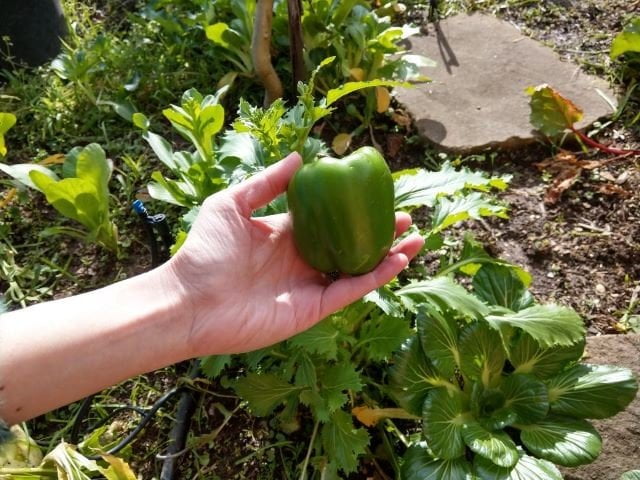
Lack of proper pruning
Pruning plays an essential role in shaping the growth of your bell pepper plants and improving their productivity. Failing to prune your pepper plants adequately can negatively impact their size and yield.
Failure to remove suckers
Bell pepper plants often produce side shoots known as suckers. These suckers can divert energy and nutrients away from the main stem and fruiting branches, limiting the overall size of your peppers. Regularly inspect your plants and remove any suckers that emerge in the leaf axils. This directs more energy towards fruit production and encourages the growth of larger peppers.
Overgrown foliage
If your bell pepper plants become excessively bushy or have an overgrowth of foliage, it can reduce air circulation and sunlight penetration. This can hinder the proper development of peppers, resulting in smaller fruits. Prune away any excessive foliage or branches that obstruct light and airflow. Opening up the plant canopy allows for better light exposure and promotes the growth of bigger, healthier peppers.
Genetic factors
The genetic factors of your chosen bell pepper variety play a role in determining the size and overall yield. Certain varieties are naturally inclined to produce smaller peppers due to their genetic makeup.
Choice of pepper variety
If you have consistently observed small peppers in your garden, it may be worth considering the variety of bell pepper you are growing. Research different varieties that are reputed to produce larger peppers and, if necessary, switch to a variety that aligns with your desired results. Look for varieties specifically bred or selected for their size and productivity.
Seed quality
The quality of the seeds you use can also impact the size of your bell peppers. Poor-quality seeds may not have the genetic potential to produce larger fruits. Ensure you source your seeds from reputable suppliers or save seeds from healthy, robust peppers that exhibit the desired characteristics. High-quality seeds increase the likelihood of growing larger, more abundant peppers.
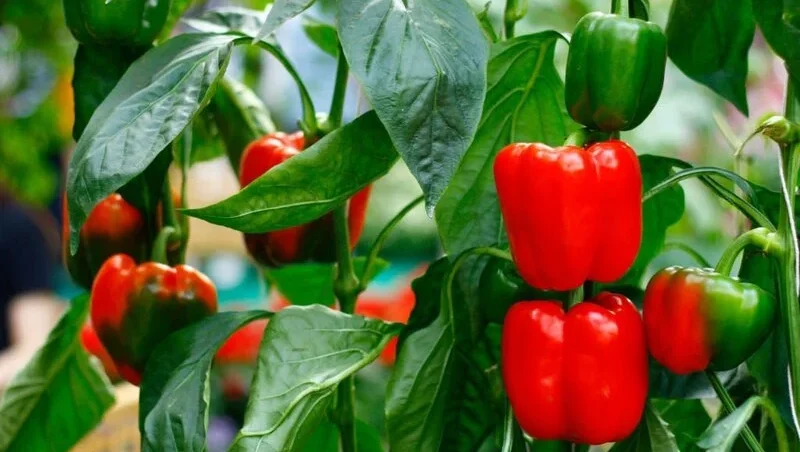
Environmental factors
The environmental conditions in which your bell pepper plants grow can influence their growth and fruit production. Extreme temperatures, drought, or excessive rainfall can all contribute to smaller pepper sizes.
Extreme temperatures (hot or cold)
Bell peppers thrive in moderate temperatures, typically between 70-85°F (21-29°C). Exposure to extreme heat or cold can stress the plants and impact their ability to produce large peppers. If you live in an area with extreme temperature fluctuations, consider using protective coverings, shade cloth, or adjusting planting times to avoid exposing your peppers to unfavorable conditions.
Drought conditions
Drought conditions can significantly affect the growth and development of bell peppers, leading to smaller fruits. When plants don’t receive sufficient water, they may divert their energy towards survival rather than fruit production. Adequately water your plants during dry spells and consider implementing mulching techniques to help conserve soil moisture and reduce evaporation.
Excessive rainfall or humidity
While bell peppers require consistent moisture, excessive rainfall or high humidity levels can have adverse effects. Waterlogged soil can lead to root rot and nutrient deficiencies, impacting the size of your peppers. Excessive humidity can also create an environment favorable for fungal diseases. Provide proper drainage and use techniques like raised beds or containers to control the moisture levels around your plants.
Timing of planting
The timing of when you plant your bell peppers can also influence their growth and size. Planting too early or too late in the season can result in smaller peppers.
Planting too late
If you plant your bell peppers too late in the growing season, they may not have enough time to fully develop before cooler temperatures or frost sets in. With limited growing time, peppers may remain small and fail to reach their full potential. Be mindful of your climate and plant peppers early enough to allow for adequate growth and maturity.
Planting too early
On the other hand, planting bell peppers too early when the soil is still cold can stunt their growth and delay fruit development. Cold soil temperatures can hinder root growth and nutrient absorption, ultimately reducing the size of your peppers. Wait until the soil has warmed up sufficiently before planting your bell peppers to ensure optimal growth conditions.
In conclusion, there can be various reasons why your bell peppers are turning out small. Lack of sunlight, inadequate watering, poor soil quality, insufficient pollination, pests and diseases, improper spacing, lack of proper pruning, genetic factors, environmental conditions, and timing of planting all play significant roles. By identifying and addressing the specific factors affecting your pepper plants, you can help promote healthy growth and eventually enjoy larger, more flavorful bell peppers from your garden.
